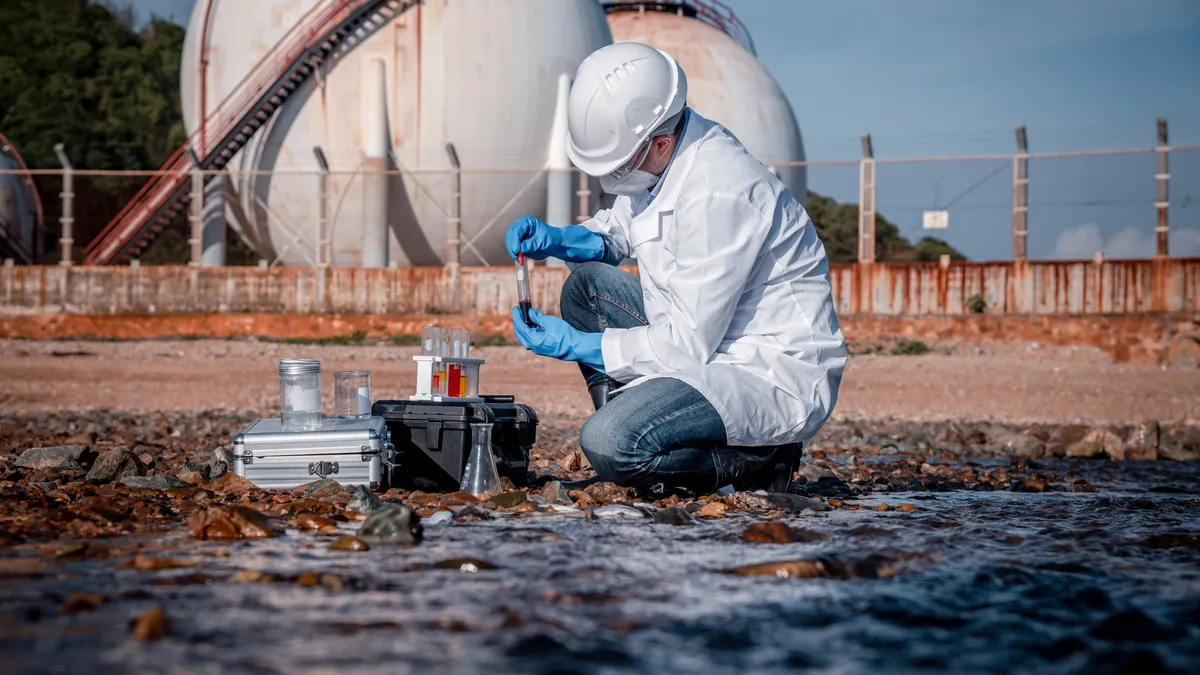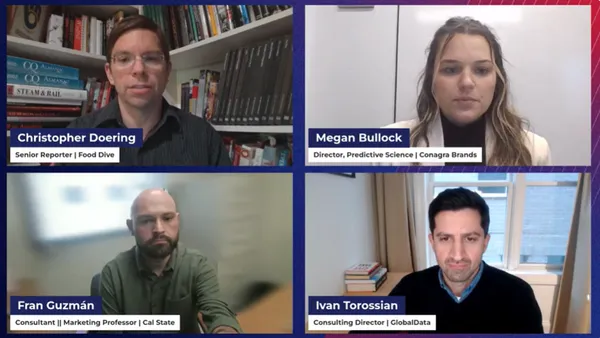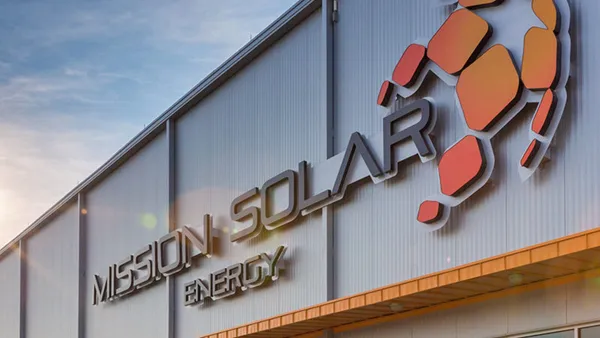Chemical giant 3M reached a $10.3 billion settlement over allegations it contaminated public water supplies across the U.S. with PFAS, the company announced Thursday evening.
The funds will be paid over 13 years, and could later grow to as much as $12.5 billion, according to a securities filing.
The settlement will cover public water suppliers that contain any level of “forever chemicals,” as well as suppliers that may find PFAS in their systems in the future. It will also provide public water suppliers across the U.S. with funding for PFAS testing in systems.
As part of the settlement, 3M will be relieved from some PFAS-related water contamination claims, including claims for damages, loss or injury.
The city of Camden, New Jersey sued 3M and others for manufacturing firefighting foam containing PFAS, which it says contaminated its public water systems.
3M’s announcement is nearly three weeks after it was set to go to trial against the city of Stuart, Florida, which sued the chemical company for manufacturing firefighting foam containing PFAS, which it says contaminated its public water systems. The trial was scheduled to begin June 5 but a judge granted an up to three-week delay as the parties neared a resolution.
The Stuart, Florida and Camden, New Jersey cases are two of approximately 500 individual cases from across the country jointly filed as multidistrict litigation. The plaintiffs are suing 3M and other makers of a firefighting foam that contains PFAS. Plaintiffs claim using the foam contaminated groundwater at various military bases, airports and other industrial sites.
Meanwhile, 3M Subsidiary Aearo Technologies is also facing major litigation, with 254,943 cases accusing the company of manufacturing and selling defective earplugs, which plaintiffs say resulted in hearing loss and other injuries.
3M isn’t the only chemical manufacturing behemoth to settle PFAS-related cases in recent weeks. DuPont de Nemours, Corteva and the Chemours Co. reached a $1.2 billion settlement earlier this month to resolve all PFAS-related drinking water contamination claims against them.












